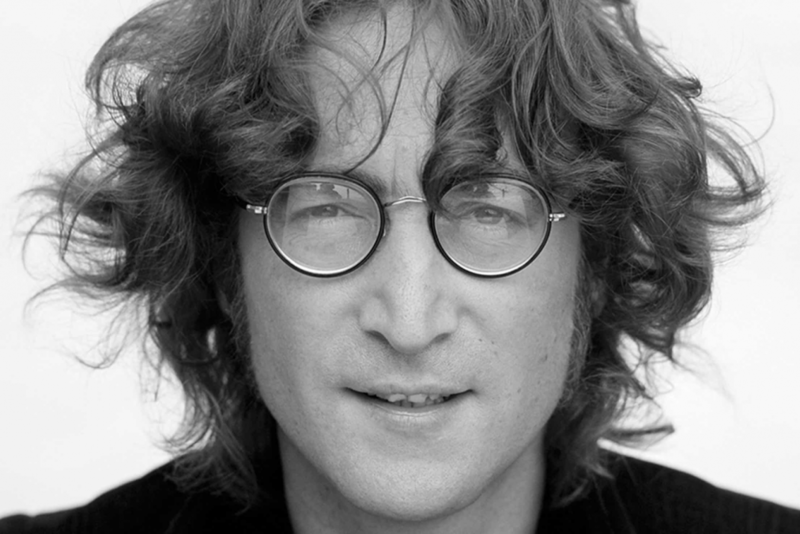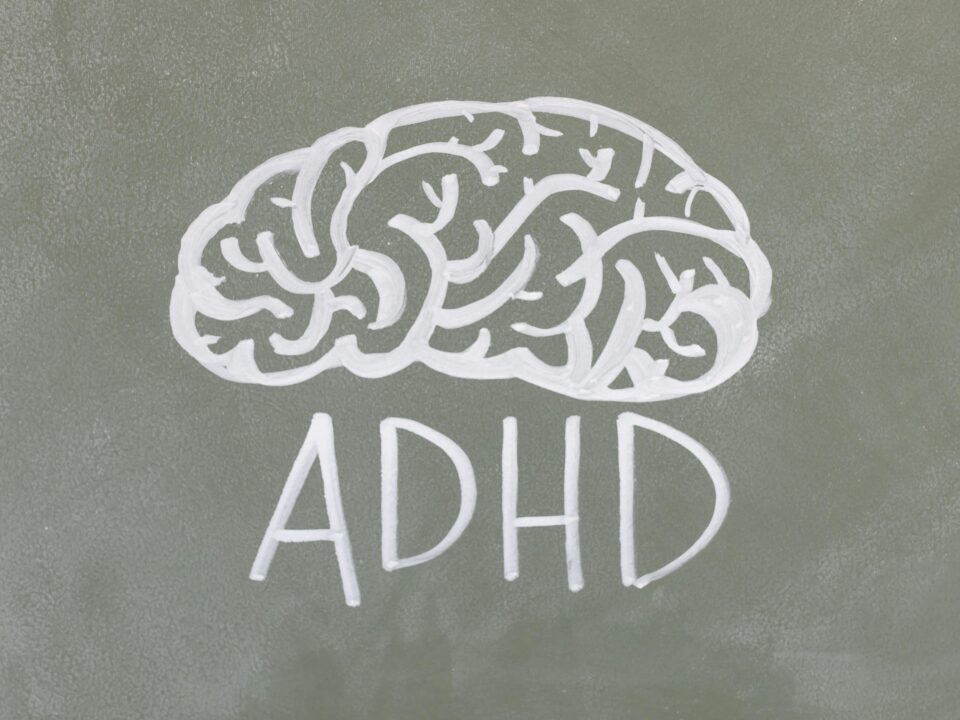Was John Lennon Dyslexic?

Did John Lennon have dyslexia?
Did the co-founder of the iconic group The Beatles, John Lennon, have dyslexia?
John Lennon, forty years on from when he sadly died, is recognised as one of the most instrumental artists of our time. He has sold millions of records. Generations of people know his songs. His beliefs are still just as moving and popular now as they were fifty years ago.
Although when he was young, less people would have anticipated him to be any more prosperous than a conventional warehouse worker in Liverpool. He was, like many children with dyslexia in education, remarkably intelligent yet severely undervalued. He could not spell, even though he cherished reading and writing stories. He could not remember the verses to other people’s lyrics but drafted exceptionally imaginative ones himself.
Besides art, he had appalling grades while in school. He was considered a hooligan and despite leaving secondary school early, his people skills and inventiveness spurred his headteacher to give a personal testimonial, helping to get him into college. He was an entertainer, a poet and a lyricist from a very young age. He was a leader amongst his fellow pupils and his thoughts were very advanced for his age. John’s lyrics provided wonderfully conceived and meticulously crafted images of Penny Lane, walruses and life without wars.
This tale of his youth illustrates the challenges a person with dyslexia may face, as well as some of the extraordinary strengths dyslexic people can have.
John once said in an interview:
“People like me are aware of their so-called genius at ten, eight, nine, I always wondered, why has nobody discovered me? In school, didn’t they see that I am cleverer than anybody in this school? That the teachers are stupid, too? That all they had was information that I did not need.
“I got…lost in being at high school. I used to say to me auntie “you throw my poetry out, and you will regret it when I am famous,” and she threw the stuff out. I never forgave her for not treating me like a genius or whatever I was when I was a child. It was obvious to me.
“Why didn’t they put me in art school? Why didn’t they train me? Why would they keep forcing me to be a cowboy like the rest of them? I was different; I was always different. Why didn’t anybody notice me?
“A couple of teachers would notice me, encourage me to be something or other, to draw or to paint, express myself. But most of the time, they were trying to beat me into being a dentist or a teacher.”
Often misunderstood, dyslexia does not solely mean that you cannot read, or that words appear upside down or backwards. It also is not to do with a lack of brain capacity and is much more common than you might think. Roughly 10% of the UK population is believed to have a form of dyslexia. Most of the instances are, like Lennon’s, un-diagnosed.
People with dyslexia have an unconventional brain structure compared to most of the population. A person with dyslexia can have difficulty distinguishing some words and symbols, and difficulty memorising information like numbers or names. They are also often poor at spelling and basic math.
However, this brain structure also means that their visual-spatial skills and their reasoning and logic skills are often much stronger than the average person. People with dyslexia are frequently artistic, highly intuitive, curious, innovative thinkers with great people skills. Unfortunately, because reading and writing on paper has been such an essential skill to perform in education, teachers and equals have for years wrongly identified people with dyslexia as careless or ignorant.
Even though John’s aunt Mimi raised him, Lennon infrequently spent time with his mum Julia, who showed him how to play the banjo and piano. Luckily, his mum never forced him to read sheet music, otherwise a young Lennon may have been discouraged by his incapacity to understand the symbols. It is plausible that he may have quit his music before he had the chance to form The Beatles.
People with dyslexia are notably gifted in the arts, but because of their weakness in decoding letters, numbers and musical notes, they usually learn music by retention. When they do, they can create superbly structured pieces of music along with very inventive lyrics. However, they do need to make sense out of it before they can remember the music, as rote repetition does not work for people with dyslexia.
Lennon spent most of his time as a child playing Chuck Berry and Elvis Presley, and because remembering other people’s songs was so hard, Lennon would make up his own words to the melody: the value of real dyslexic creativity.
Dyslexics’ sharp knowledge and effective social skills often provide them with a born ability to lead others. At primary school, Lennon was extremely naughty and would get into conflicts with other children. Misbehaving made him very well respected among his classmates, and he quickly became the head of a ‘gang’ in his primary school.
Lennon went on to secondary school in the early 50s with poor grades. Although profoundly intelligent, he took little attention in traditional education and ultimately dropped out. While his status as being artistically gifted developed in school, Lennon also grew his extensive collection of art. Lennon’s headteacher believed that he would flourish in the creative sector and made a special recommendation for his entry into an arts college. It was at college that he met his wife, and his life as ‘The Beatles’ lead began.
It can be a tremendously challenging thing for a child with a learning disability to go to school every day, not knowing why they are fighting to keep up so much. Lennon did not know he was dyslexic until later in life, but he always knew he was unconventional when compared to others.
His aunt Mimi famously said: “The guitar is all very well, John, but you will never make a living out of it.” Notwithstanding the naysayers, Lennon prevailed as the leader of The Beatles and is an inspiration for neurodivergent people everywhere.
Which other famous musicians have dyslexia?
John Lennon isn’t the only musician with dyslexia. Other famous musicians with the condition include:
- Cher
- Mick Fleetwood
- Jewel
- Gwen Stefani
- Chris Robinson
- Paloma Faith
- Noel Galolagher
- Ozzy Osbourne
If you have dyslexia and would like some support in finding work, send us your CV and we can begin helping you as soon as possible! If you want to know more about dyslexia, visit this page, or give us a call on 0208 133 6046.
If you think you have traits of dyslexia, take our free dyslexic test to find out if you have neurodivergent traits.



